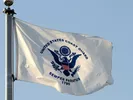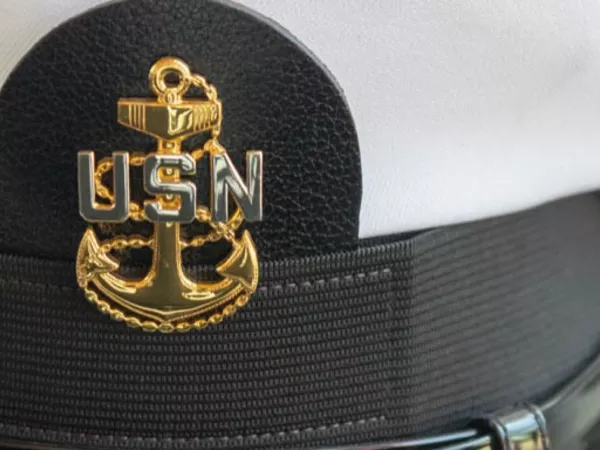By continuing to use this site, you agree to our use of cookies.
Planning a Coast Guard Move
Jul 24, 2023
In:
How are Coast Guard moves different than other military branches?
If you’re a member of the U.S. Coast Guard preparing for a permanent change of station (PCS), it's important to understand that it operates under the Department of Homeland Security rather than the Department of Defense like the rest of the military. This means there are some key differences in the PCS process compared to other branches. Also, since the Coast Guard is tasked with maritime safety and security, more members will serve overseas, which can complicate the moving process. Keep reading to learn more about what to expect during your Coast Guard PCS.

Planning a successful Coast Guard PCS
Military moves can be problematic if you don’t follow the correct procedure. Moving benefits will differ depending on whether the member’s PCS is within the continental U.S. (CONUS) or outside the continental United States (OCONUS), including Alaska and Hawaii.
The Coast Guard requires all members preparing for a PCS to start with in-person counseling at their local transportation office (TO) or complete an online session through the Defense Personal Property System (DPS). This applies whether the member uses a government-contracted transportation service provider (TSP) or plans a personally procured move (PPM).
For both types of moves, it’s important to:
- Complete all the forms and provide the required documentation (PCS orders, any personal travel itinerary, and proof of dependents).
- Attend all required training sessions related to your PCS.
- Make personal travel arrangements.
Choosing a PPM
Coast Guard members with eligible PCS orders often choose a PPM for more control over the moving process. And, since the government will reimburse you 100 percent of what they would have spent on your move, a PPM gives you the opportunity to make a profit by keeping moving costs down.
Steps for a Coast Guard PPM
After you receive your PCS orders and confirm with your TO that a PPM is available for your location, here are the next steps:
- Log in or create a Coast Guard FINCEN portal account to complete the PPM Application (DD 2278).
- Confirm receipt of the signed application and the Travel Claim Worksheet (DD 1351-2).
- Schedule a mover to transport your household goods (HHG). Make sure the mover can provide certified empty and full weight tickets since you’ll need those for reimbursement.
- Take care of any personal travel arrangements. Keep receipts and itinerary for reimbursement.
- Pack and label your things (or hire moving labor). Keep all receipts and signed contracts for reimbursement.
- After the move, report to the designated Yeoman (YN) at the new base to complete the DD 1351-2.
- Submit all documents (forms, receipts, weight tickets, etc.) through the FINCEN portal for reimbursement. Make sure to include your employee ID on all document pages.
Use our printable PCS checklist to stay on track.
Can you get an advance on the funds for a PPM?
If you qualify, you can receive up to a 60 percent advance in funds to help pay for your PPM. Contact your TO for requirements.
Moving resources for Coast Guard members
The Coast Guard Mutual Assistance (GCMA) is an official relief society that oversees and sponsors programs to help members adjust to moves and other life changes through financial support and counseling. Contact your local GCMA representative for more information about these programs:
- Housing: rental assistance, closing costs, household furnishings/utilities loans and PCS incidentals loans.
- Transportation: OCONUS car rental loans and vehicle shipment/repair loans.
- Family: PCS Childcare Grant, childcare loans, breast milk shipments and pet quarantine expense loans.
- Education: education loans, education advocate grant (for dependents needing IEP or IFSP evaluations), spouse professional requirements loan and online tutoring.
U-Pack can be your Coast Guard mover
U-Pack® has over 25 years of experience in long-distance DIY moving, including many military PPMs.
Confirm PPM eligibility with your TO, then request a free, no-obligation quote online or call 844-362-5303844-594-3077 to speak to a moving consultant. Make sure to request your weight tickets during your reservation and enter the code DITY10 (or mention it to the moving consultant) to save $100 on your move. Let us know if you have any questions about making a Coast Guard move with U-Pack, and thank you for your service!
More articles you might like...



